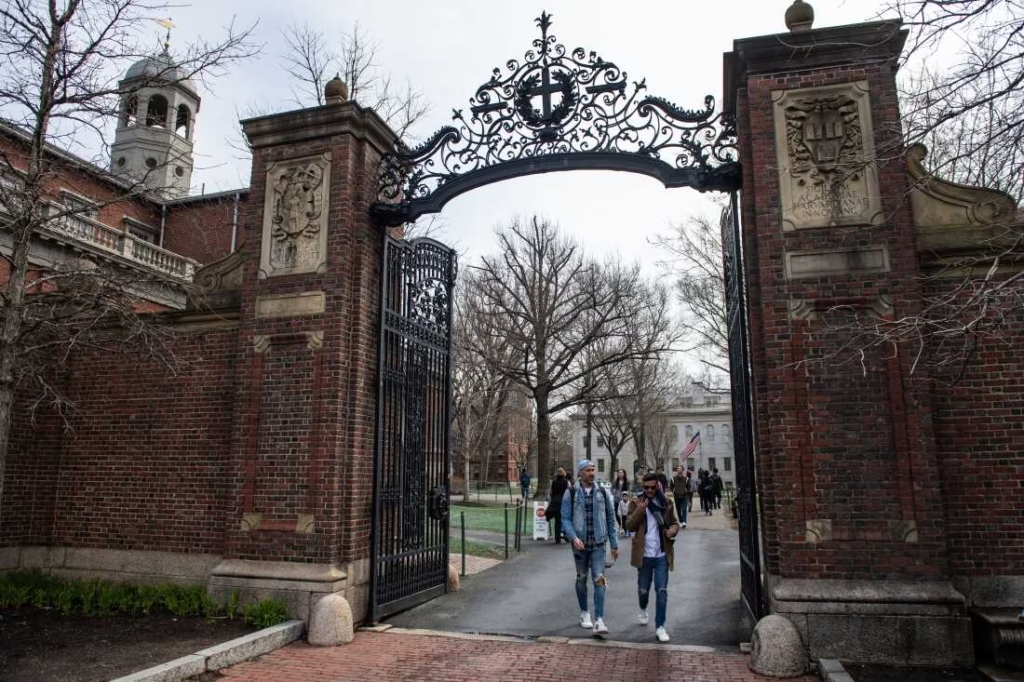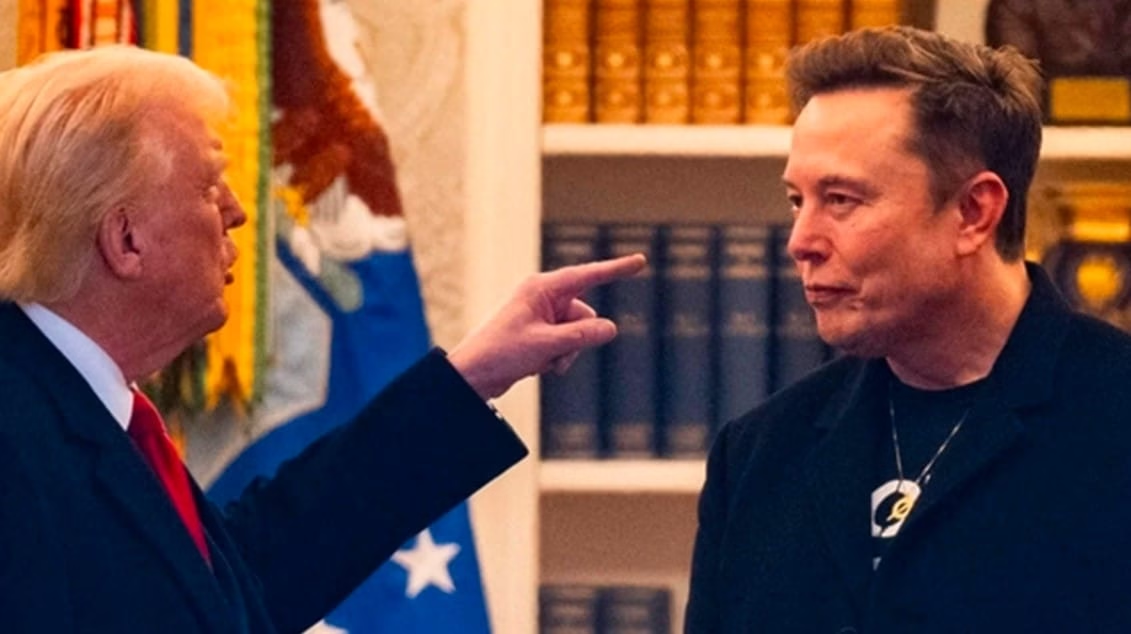
The Trump administration’s threat to decertify Harvard’s foreign student programme over alleged antisemitism has alarmed universities, risking funding and pushing international students to consider safer alternatives abroad.
Trump’s threat to ban foreign students could hurt Harvard financially.
The Trump administration’s recent threat to end foreign student enrollment at Harvard University has sent shockwaves through the academic community, particularly as it places a crucial funding source for U.S. schools in jeopardy. The potential fallout could drive international students to seek degrees in other countries, shaking the financial stability of top American universities.
Foreign students: A crucial source of funding

A threat by the Trump administration to revoke Harvard University’s ability to enrol foreign students has raised concerns about a major financial hit to the institution. According to Bloomberg, Homeland Security Secretary Kristi Noem on Wednesday demanded that Harvard submit records of any violent or illegal activity by foreign students by April 30 or face immediate removal from the federal student visa programme.
“Anti-American, pro-Hamas ideology” is “poisoning” the university, Noem said. “Harvard bending the knee to antisemitism, driven by its spineless leadership, fuels a cesspool of extremist riots and threatens our national security.”
With nearly 6,800 international students — 27% of its student body — Harvard relies heavily on global enrolment. These students often pay full tuition, forming a crucial revenue stream, especially as the university recently announced it would eliminate tuition and fees for families earning under $200,000
Nationally, international students accounted for 5.9% of the U.S. higher-education population of nearly 19 million in the 2023–2024 academic year, according to a State Department-funded report. India now sends the largest share — about 332,000 students, up 23% — while China’s student population fell 4.2% to just over 277,000.
Broader crackdown on elite universities
The move follows escalating tensions between President Donald Trump and elite US universities. His administration has threatened to revoke Harvard’s tax-exempt status and cut federal funding. It has also detained or deported foreign students who publicly supported Palestinians. A House panel chaired by Trump ally James Comer said Thursday it had launched a civil rights investigation into Harvard.

Harvard, however, has refused to comply with the government’s latest demands. “We will continue to comply with the law and expect the Administration to do the same,” a spokesperson said. “If federal action is taken against a member of our community, we expect it will be based on clear evidence, follow established legal procedures, and respect the constitutional rights afforded to all individuals.”
Global reputational and recruitment fallout
The possible ban is already creating uncertainty among international applicants. “The fear and uncertainty is definitely going to drive international families to ‘safer’ choices in other countries,” said Annalee Nissenholtz of the Education Advisory Group. She said she recently advised a Chinese student to choose Oxford over Georgia Tech. “This threat is going to have a horrible trickle-down effect. Everyone knows this is not going to stop with Harvard.”
Timing could also exacerbate the impact: foreign students must typically commit by May 1 for the fall term.
With a large number of international students in the US last year and Harvard’s reliance on global talent growing, Trump’s crackdown could deal a blow to Harvard’s finances and global standing.



